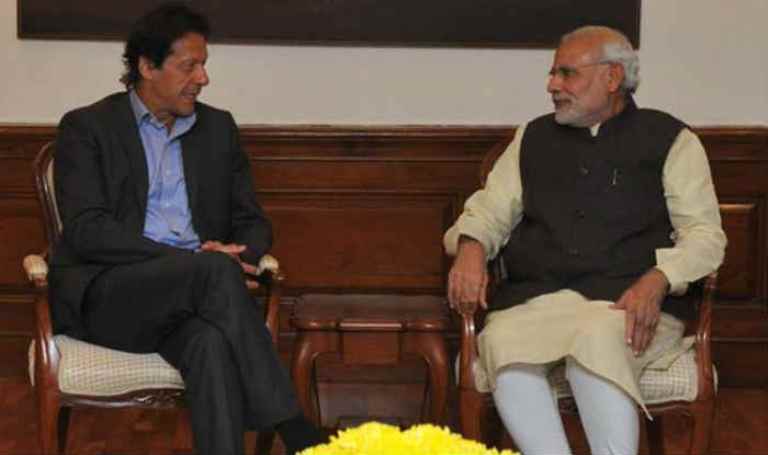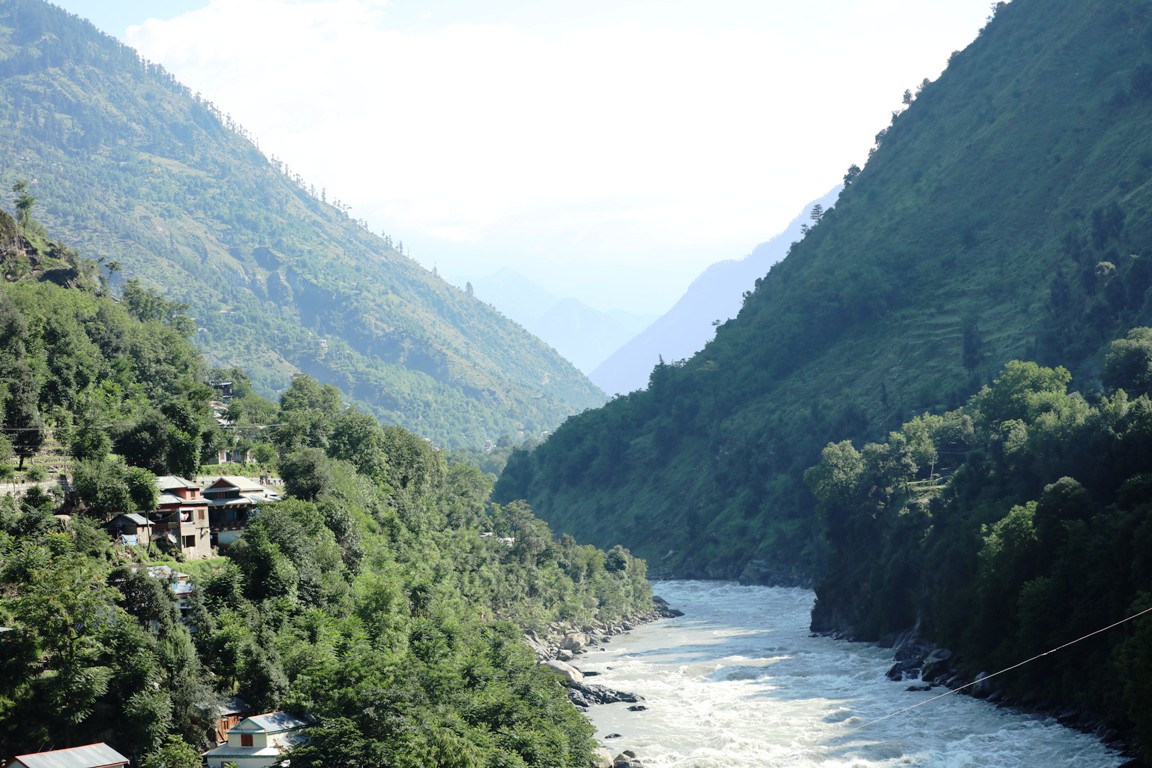SRINAGAR: The mystery around the dramatic shift in the moribund relations between India and Pakistan has started being unveiled. A reputed news agency has reported that the United Arab Emirates, one of Delhi’s closet friends, is playing the peace-maker.
UAE foreign minister Sheikh Abdullah bin Zayed flew to Delhi within 24 hours after military chiefs of the arch-rivals surprised the world by their rare joint commitment to respect a 2003 cease-fire agreement.
On February 26, Zayed had a discussion with Subrahmanyam Jaishankar. Regardless of what they formally talked about, Bloomberg said a lot of talks was off the cameras.
Reaffirming an extraordinary friendship.
Always nice to welcome FM HH @ABZayed to India. Reviewed our growing cooperation. Discussions underscored our shared purpose and common interest. pic.twitter.com/qTDIXV5PI6
— Dr. S. Jaishankar (@DrSJaishankar) February 26, 2021
“Yet behind closed doors, the India-Pakistan cease-fire marked a milestone in secret talks brokered by the UAE that began months earlier, according to officials aware of the situation who asked not to be identified,” the news agency reported. The ceasefire is only the beginning of a larger roadmap to forge a lasting peace. “The next step in the process, the official said, involves both sides reinstating envoys in New Delhi and Islamabad, who were pulled in 2019 after Pakistan protested India’s move to revoke seven decades of autonomy for the disputed Muslim-majority state of Jammu and Kashmir. Then comes the hard part: Talks on resuming trade and a lasting resolution on Kashmir, the subject of three wars since India and Pakistan became independent from Britain in 1947.”
However, the officials told Bloomberg that “expectations were low that the current detente would achieve much beyond the return of envoys and a resumption of trade through their Punjab land border”.

The initiative came at a time when the Biden administration is seeking wider peace talks on Afghanistan. “Indian Prime Minister Narendra Modi wants to shore up growth and focus military resources on the border with China, while Pakistan’s leaders are also facing economic woes and looking to make a good impression with the US and other powers,” it said.
The Bloomberg report came within a day after a Kashmir expert, said the move was tactical. “The dramatic announcement of the ceasefire has set the ball rolling for further tangible progress on all major disputes including Jammu and Kashmir which has marred the last seven decades for both nations,” Ershad Mehmud wrote in The News International. “So far, the ceasefire announcement appears to be merely a tactical move by both governments. No roadmap has been envisaged because neither backchannel nor diplomatic conversation between Islamabad and New Delhi has resumed yet.”
Ershad, however, offers details of the “remarkable” shift in Pakistan policy from geo-strategic to geo-economic. “Pakistan’s priorities revolve around peace, connectivity and economic development these days,” he wrote. “Supporting the peace process in Afghanistan and facilitating the US-Taliban dialogue leading to a historic agreement is a clear manifestation of Pakistan’s new approach towards its neighbours. Pakistan fully recognizes the significance of peace in Afghanistan to turn it into a geo-economic hub.”
Best wishes to Prime Minister @ImranKhanPTI for a speedy recovery from COVID-19.
— Narendra Modi (@narendramodi) March 20, 2021
At the same time, however, he has insisted that the prevailing redlines will prevent Islamabad from moving ahead unless Kashmir solution is part of the “larger package” and restoration of the “statehood status” can “act as a catalyst to resume a full-fledged dialogue process leading to further meaningful conversations over Kashmir”. This is for the second time that Pakistan is talking about the statehood restoration to Jammu and Kashmir.

Regardless of who is the peace-maker and how long can it go, the situation right now is that the areas straddling the Line of Control (LoC) are breathing air without tensions. Almost every political groups across Jammu and Kashmir has supported the ceasefire and suggested the two countries move ahead.
The two countries are also getting from adverse vocabulary to civilised statesmanship. Only last week, Pakitan army chief General Qamar Javed Bajwa asked India “to bury the past and move forward” while insisting the army was ready to enter talks to resolve “all our outstanding issues.” This was followed up to Imran Khan’s Islamabad speech to the Security Dialogue in which he said Kashmir is the only things that “holds us back.”
A day later, when Khan tested positive for Covi-19, Prime Minister Modi wished him a speedy recovery, There are talks of Covid-19 vaccine crossing the Redcliff divide.
Bloomberg said that UAE’s role very visible for the last many months. “In November, Jaishankar met bin Zayed and the crown prince on a two-day visit to Abu Dhabi, followed by Pakistan Foreign Minister Shah Mahmood Qureshi the following month. Roughly two weeks before the Feb. 25 announcement, the UAE foreign minister held a phone call with Pakistan Prime Minister Imran Khan “wherein they discussed regional and international issues of interest,” the report said. “After the cease-fire, the UAE was one of a handful of countries to issue a statement welcoming the cease-fire announcement, highlighting the “close historical ties” it has with both India and Pakistan and hailing “the efforts made by both countries to come to this agreement.”















